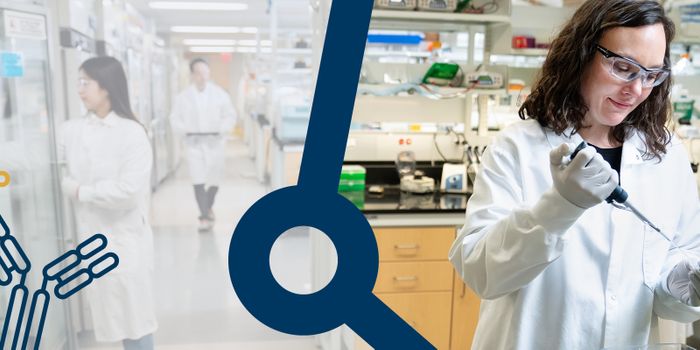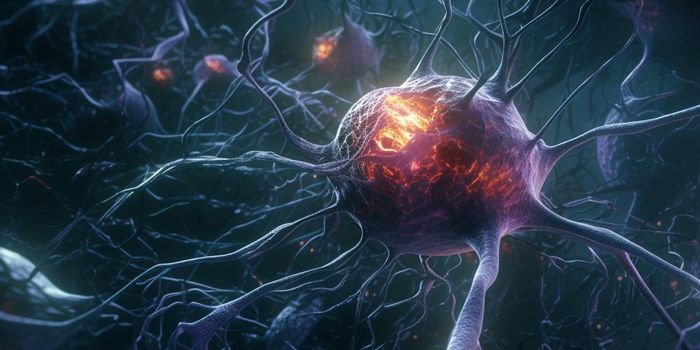Aspirin associated with reduced risk of liver cancer
A study published in the New England Journal of Medicine from scientists collaborating from the Karolinska Institutet, in Sweden, and Massachusetts General Hospital (MGH) reports that low-doses of aspirin can reduce the risk of liver cancer for high-risk adults.
"Rates of liver cancer and of mortality from liver disease are rising at an alarming pace in U.S. and European countries. Despite this, there remain no established treatments to prevent the development of liver cancer, or to reduce the risk of liver-related death," said lead author Tracey Simon, MD, MPH, investigator in the Division of Gastroenterology and Hepatology at MGH.
In conducting their research, Simon and fellow investigators analyzed data from 50,275 adults with chronic viral hepatitis. They obtained the data from Swedish registries that followed the health of these patients over eight years. Chronic viral hepatitis is a liver infection caused by the hepatitis B or C virus; it is the most common risk factor for liver cancer
They found that for those patients taking low dosages of aspirin (defined as less than 163 mg/day), the risk of liver cancer decreased. In fact, patients taking aspirin had a 31% lower relative risk of developing liver cancer compared to patients who did not take aspirin.
This benefit of low-dose aspirin also proved to be correlated to time; the longer a patient took aspirin, the greater the reduction of risk of liver cancer. For instance, those using aspirin for 1-3 years saw a 10% drop in risk for developing liver cancer when compared to those taking aspirin short-term (3-12 months). That risk reduces to 34% for 3-5 years of aspirin use and 43% for five-plus years.
"This is the first large-scale, nationwide study to demonstrate that the use of aspirin is associated with a significantly reduced long-term risk of liver cancer and liver-related mortality," said senior author Jonas F. Ludvigsson, MD, Ph.D., of the Department of Medical Epidemiology and Biostatistics at the Karolinska Institutet.
The researchers even noted that liver-related deaths were lower for aspirin users compared to nonusers. Aspirin users saw liver-related deaths in 11% of the population, while nonusers saw 17.9%; that is equivalent to a 27% lower risk of death due to liver-related medical problems, just because of taking low-dose aspirin!
In their study, the scientists controlled for sex, the severity of hepatitis, and the type of hepatitis virus (B or C) and still saw similar benefits. They say that the next step will be to conduct randomized controlled trials.
Sources: New England Journal of Medicine, Eureka Alert









